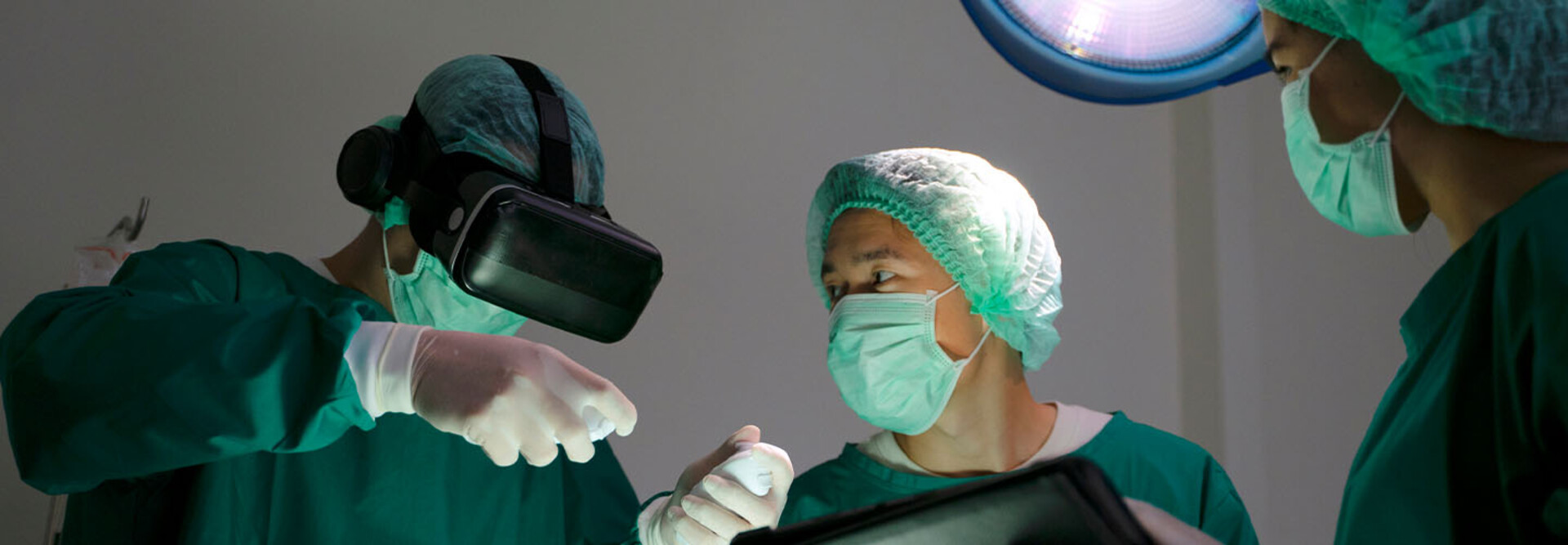Key Takeaways
- AI-powered smart glasses are transforming healthcare by improving patient care and enabling real-time access to vital data.
- Wearable technology can enhance training and documentation, allowing clinicians to focus more on patient interaction.
- The integration of smart glasses in surgical settings offers augmented reality features, boosting surgical precision and workflow efficiency.
Advancements in Medical Safety with Smart Technology
A research team has explored the potential of AI-powered smart glasses for healthcare workers by capturing detailed footage of medication preparation processes through head-mounted GoPro cameras. The integration of these cameras allows clinicians to document thousands of preparation sequences accurately, highlighting the importance of a wide field of view and high resolution in capturing essential hand movements.
Andrew Brown, from the analyst firm Omdia, notes that this technology presents significant opportunities across various healthcare settings. He states that combining wearable technology with AI can enhance patient care, bolster surgical precision, and facilitate remote consultations. Training remains a significant use case in medical environments, as virtual digital twins expedite hands-on training, making it faster and more efficient.
Furthermore, Brown identifies another long-term advantage of smart glasses in medical documentation, which could simplify administrative processes significantly. He emphasizes the need for effective integration to ensure the technology performs optimally.
Innovative Applications of Smart Glasses in Healthcare
The use of AI-powered smart glasses holds promise for capturing images and videos directly linked to electronic health records, enhancing documentation efficiency. Voice recognition capabilities may support dictation and transcription, freeing up clinicians to spend more quality time with patients instead of typing.
In surgical contexts, smart glasses can provide surgeons with real-time, hands-free access to patient data, ultimately refining the workflow within operating rooms. Brown highlights that augmented reality overlays available through smart glasses could offer guidance during surgeries, improving precision and outcomes.
Michaelsen envisions a future where AI-enabled glasses assist healthcare workers by providing reminders, such as nudging nurses to turn patients or prompting clinicians to gather medications while at dispensing stations. The potential of this technology to augment healthcare environments is significant. Michaelsen asserts that AI-driven solutions can make the lives of healthcare workers easier and more efficient, ultimately translating to better patient care.
Overall, the advancements in AI and wearable technology are poised to revolutionize the healthcare industry by improving training, documentation, and surgical procedures. The integration of these tools can create a more efficient and effective healthcare delivery system that benefits both medical staff and patients alike.
The content above is a summary. For more details, see the source article.















